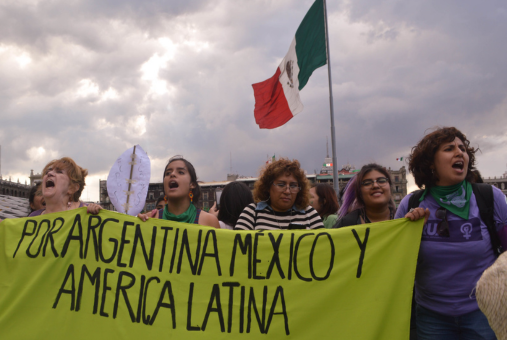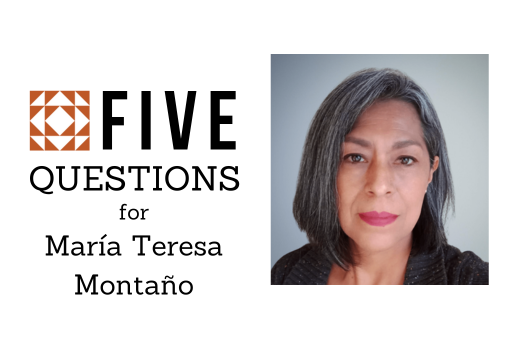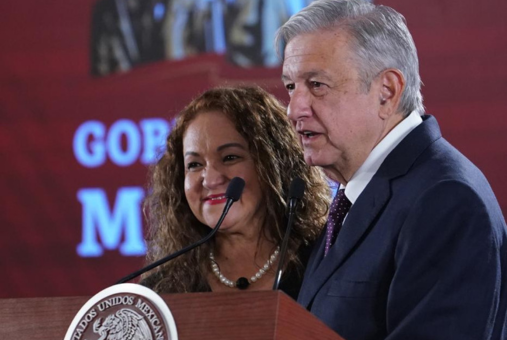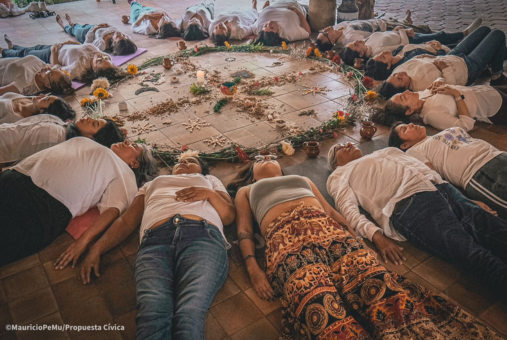
Thanks to the success of a crowdfunding campaign, the Mexican independent journalism production company Dromómanos not only avoided bankruptcy, but is strengthening its educational division as a source of income, as well as preparing a continental investigation into bank fraud.

A collection of studies on the coverage of violence against women in the Global South found advances in Argentina and Mexico, while in Brazil race and class biases stood out. The volume's co-editor told LJR she hopes the work will highlight how journalistic coverage is connected to this huge systemic global problem.

Despite recent gains in LGBTQ+ rights, hate narratives persist in Mexican media, according to an interdisciplinary report. The authors emphasize the need for inclusive newsrooms and authentic representation to combat transphobia, while telling stories of both ordinary people and those fighting for greater visibility and human rights.

María Teresa Montaño, who has been investigating corruption in the state of Mexico for almost three decades, won two international awards in 2023 and published an investigation that had global repercussions. These triumphs, however, were marked by violence and job insecurity, she said in conversation with LJR.

With the murders this month of Nelson Matus and Luis Martín Sánchez, seven journalists have now been murdered in Mexico so far in 2023, which has sparked condemnation from organizations worldwide. In Guerrero, the second most dangerous Mexican state for journalism, journalists' groups denounce impunity and demand security.

In the last of four webinars of the Network for Diversity in Latin American Journalism, panelists shared key points to show how journalism can counteract dangerous discourse that creates disinformation. Among these points were the role of algorithms in spreading such discourse, how to avoid stigma and editorial strategies focused on diversity.

Notimex, once a public media standard in the region, had been languishing since 2019, mired in administrative and labor chaos that includes serious accusations of harassment against journalists, allegedly perpetrated by director Sanjuana Martínez. LJR heard from experts on the meaning and impact of the agency's demise, announced by President López Obrador in April.

To address the relentless violence and threats against journalists in Mexico, the human rights NGO Propuesta Cívica [Civic Proposal] established the Tejidos Solidarios [Weaving Solidarity] network. This initiative employs a unique methodology to provide psycho-emotional and legal support to the families of murdered and missing journalists. Additionally, it aims to honor their memory.

Representatives of Radio Ambulante, Dementes, Revista Late, Dudas Media, and Convoy Network spoke at the Estación Podcast festival about aspects of sound content creation in Latin America. These include financing methods, the value of catering to a defined audience and the importance of protecting the intellectual property of productions in the face of streaming platforms.

The April 15 research breakfast panel at ISOJ chaired by Dr. Cindy Royal (Texas State University) explored research on Canadian news startups, Mexican journalism networks and collectives, how journalists can meet the challenges of the current moment, and how journalists can engage the public to rebuild trust.